“Which country did Adonis call a ‘holy country’ — and why he placed it on a strategic throne”
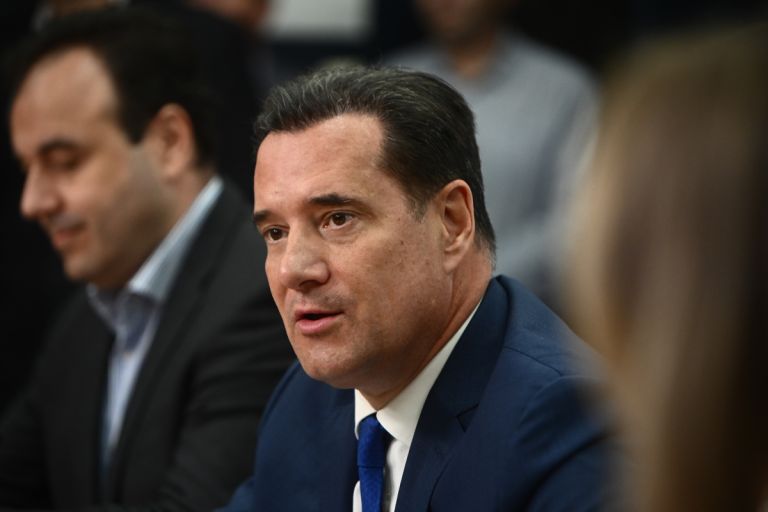
Πηγή Φωτογραφίας: eurokinissi//“Which country did Adonis call a ‘holy country’ — and why he placed it on a strategic throne”
In his morning interview on Action24, Adonis Georgiadis put his own political signature on the government’s new geopolitical narrative. With language that was both blunt and calculated, the Minister of Health showcased Greece’s energy strategy as the most successful — and perhaps most underestimated — national project of the past decade.
“If America has decided to replace Russian gas with American LNG — that’s not just money. That’s power.”
With that phrase, Georgiadis decoded the new doctrine: through DEPA’s cooperation with U.S. energy giants, Greece is turning from a mere transit point into an active hub of power. As he emphasized, “If you touch Greece now, you’re touching America’s money.”

The “holy country” and the new triangle of power
The line that drew the most attention came when he referred to the upgrade of Greek–Israeli relations:
“Why did the agreement move forward after 20 years? Because a holy country, an ally of Greece called Israel, came in — and a capable Prime Minister named Netanyahu.”
Calling Israel “a holy country” was no random metaphor; it was a rhetorical marker of admiration and strategic alignment. In Georgiadis’ framing, Israel now acts as the visible and almost providential arm of Greece’s new foreign policy. Through that partnership, Athens gains diplomatic depth, regional leverage, and economic shielding in an increasingly volatile and multipolar environment.
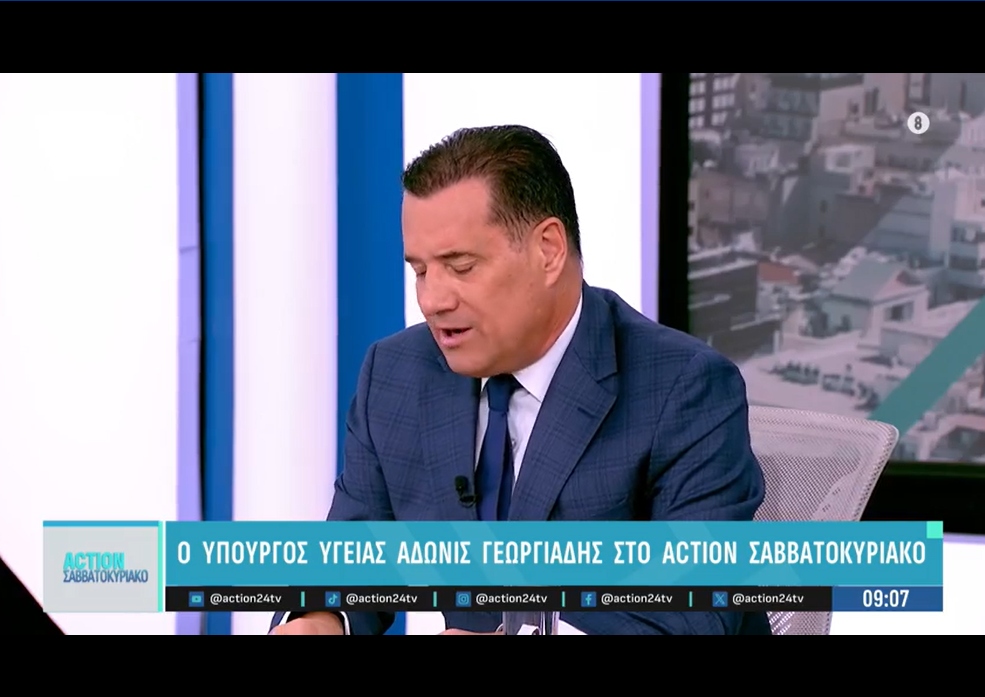
Mitsotakis’ role and political continuity
Georgiadis also linked today’s success directly to the personal work of Prime Minister Kyriakos Mitsotakis:“This didn’t happen by chance under Mitsotakis. He’s been working on it since our first trip to Saudi Arabia and the UAE in 2020, before Covid.”
The parapolitical reading is clear: Georgiadis is recasting the narrative of Greek foreign policy, highlighting Mitsotakis’ hands-on role and the government’s long-term consistency in building what is now bearing fruit.
Energy diplomacy as political message
The interview doubled as a political manifesto with two audiences:
outwardly, it projects Greece as a confident geopolitical player; inwardly, it reminds domestic audiences that the government invests in “big strategic moves,” not media fireworks.

At the same time, Georgiadis’ tone revealed a subtle intra-party message: he positioned himself as a guardian of government continuity and a defender of strategic alliances that secure “money, safety, and political rise.”
Georgiadis didn’t just talk about pipelines — he spoke of Greece as a “switch-state,” a nation holding the energy lever of power. And with the phrase “the holy country called Israel,” he sealed a new phase of Greek alliances — one where blessed partnerships bring not only energy but influence.
Source: pagenews.gr
Διαβάστε όλες τις τελευταίες Ειδήσεις από την Ελλάδα και τον Κόσμο


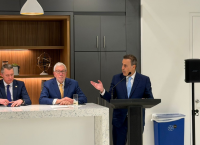
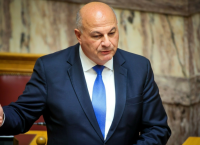
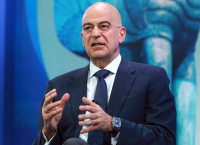
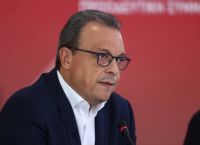
Το σχόλιο σας